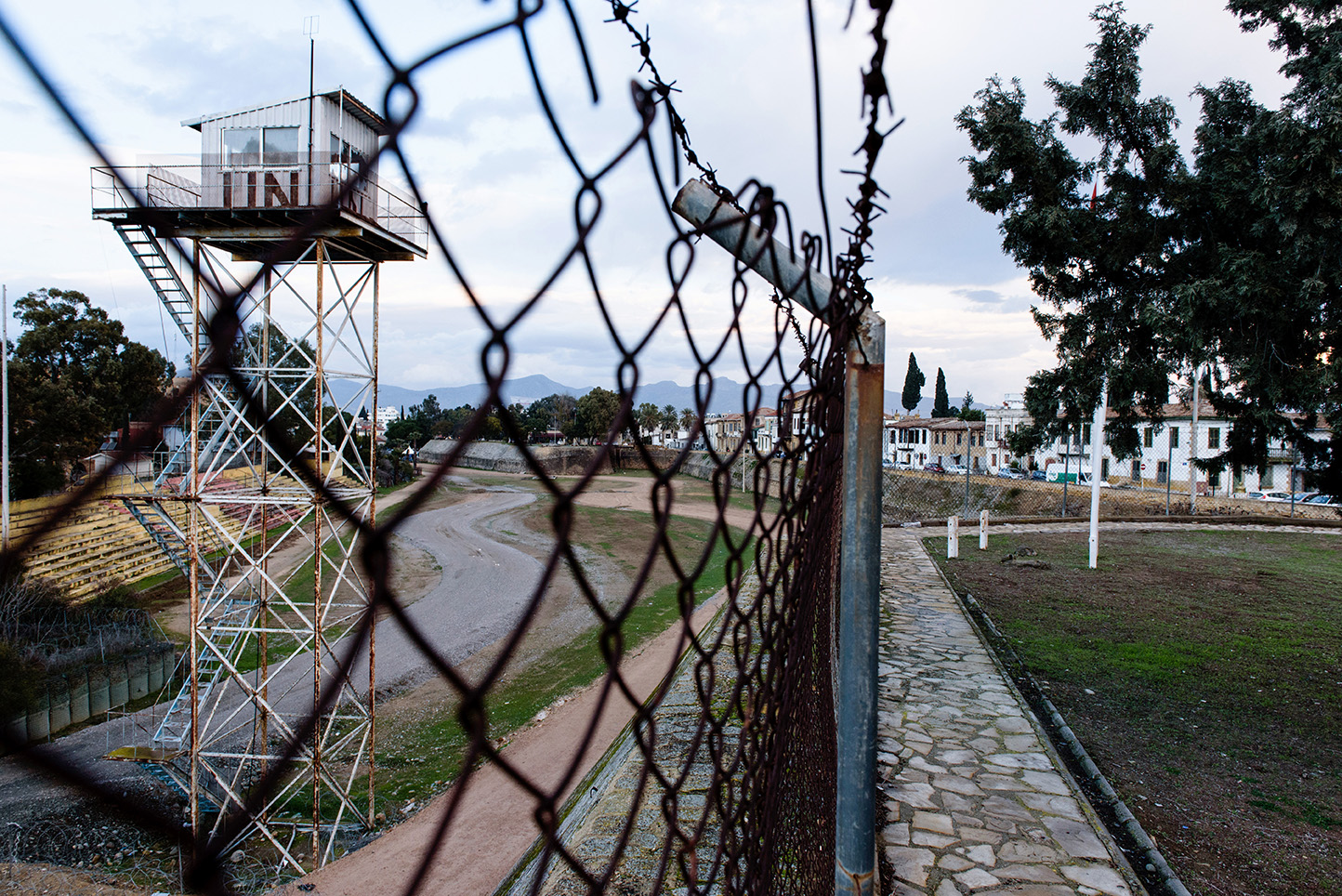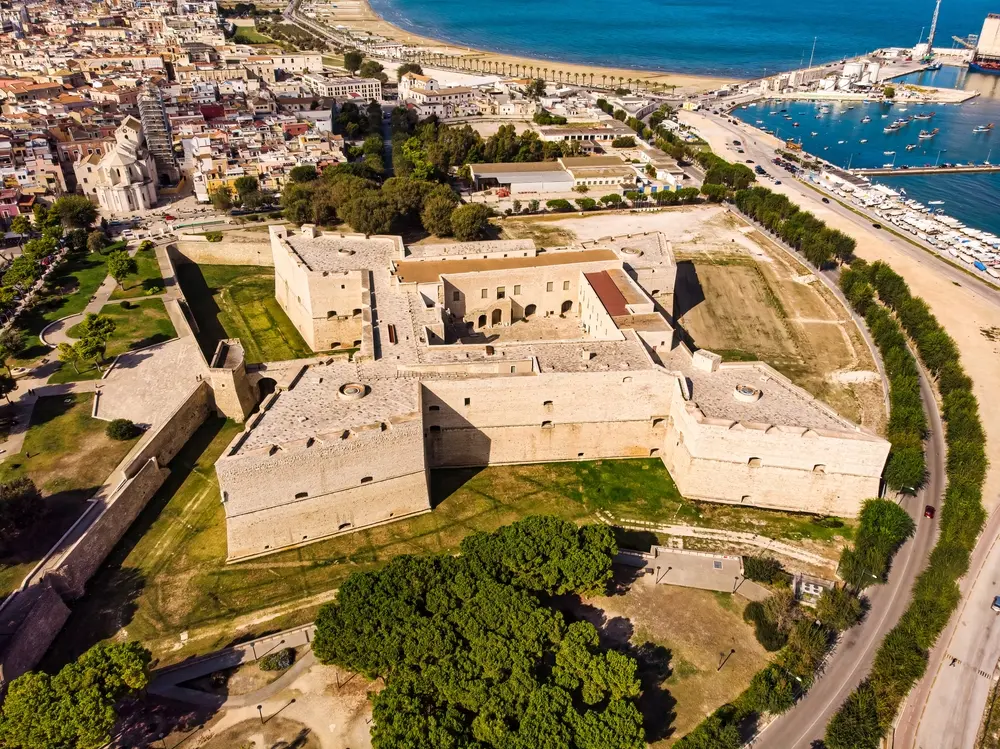The extinction of the Greek party dinosaurs?
Do PASOK and New Democracy have a future after their crashing defeat in the recent elections? According to Takis Pappas, associate professor of comparative politics at the University of Macedonia, Thessaloniki, the two parties face a rather different political fate. From OpenDemocracy
It is evident that after over three decades of ruling the country, twopartism in Greece is dead. After the last elections, the combined vote of the two major parties, PASOK and New Democracy (ND) stands below 33%. The question that arises is: What has happened to these parties? And what is in store for them in the future? Quite different things, I think.
For PASOK, first, the current electoral result stands as verification of the party’s political bankruptcy. It ended up in third place with meagre 13.2%, down from 43.9% in the elections of 2009. In what looked like a stampede, its erstwhile voters fled to both left and right. The most sizeable portion of them voted for the parties of the left, Syriza and the Democratic Left, both opposed to the bailout and austerity measures. Others were dispersed to a host of liberal and further tiny parties that eventually did not enter parliament. As pre-election surveys already suggested, some emigrated to the Communist Party and even to the neo-Nazi Golden Dawn.
The situation looks different for the ND. It may have won first place with a meagre 18.9%, but stands well below its results from 2009 that stood at 33.5%. In this case voter flight was mainly directed to parties created by leaders formerly belonging to ND, that is, the Independent Greeks, a party founded by nativist nationalist Panos Kammenos, and Democratic Alliance, founded by Dora Bakoyannis, a former foreign minister and ND party heavyweight. Leaving aside the marginal give-and-take of votes between ND and other parties, one only has to add up the results of ND and those of the two splinter parties (10.6% and 2.6%, respectively) to realize that the total center-right vote of 2009 is anything but irreversibly dispersed.
What do these results tell us about the future of the two parties that have dominated Greek politics since the transition of the country to democracy in 1974?
Can PASOK survive in the future? The answer must be an almost unqualified ‘No’ for reasons related to the nature and history of this party. PASOK was created in 1974 by populist Andreas Papandreou and first came to power as early as 1981. Since then, the party ruled Greece at intervals using patronage politics made possible through cheap foreign loans and the expansion of the public sector. Always under the spell of its charismatic founder, PASOK would remain a party without clear ideology, internal democratic organization, or a coherent policy platform. Even after the death of Andreas in 1996, and despite the modernizing attempts of new party leader Costas Simitis, PASOK remained controlled by a powerful cohort of populists that had been mentored by Papandreou and created their own extensive patronage networks.
Being a party dependent on charismatic leaders, it is no wonder that in 2004 PASOK elected Andreas’ own son, George Papandreou, as leader, who eventually led it to its last moment of glory that were the 2009 elections. The PASOK bubble burst as soon as the sovereign debt crisis in the Eurozone hit Greece in 2010, which immediately halted the flow of foreign loans to finance the Greek state. And as George had neither the charisma of his father nor the political skill to keep his party united, he was forced to resign and hand the party leadership to a former rival, Evangelos Venizelos. Meanwhile, members and voters had begun to abandon PASOK. What explains both the large number of defectors and their subsequent drift, and relocation, across the entire ideological space from extreme left to extreme right is precisely the chronic lack of ideological coherence within PASOK and the fact that, for all those people, once the party became deprived of state resources, it lost its social utility. To reclaim the voters that have now abandoned it, PASOK will need a new attractive ideology, efficient party organization, realistic policy ideas, and a capable leadership. For the time being, none of this is on offer.
In contrast to PASOK, ND’s prospects for the future are, perhaps, slightly better thanks to the party’s history and nature. The party was founded in 1974 by Constantine Karamanlis and was responsible for Greece’s smooth transition to democracy, a liberal constitution, and the country’s EU membership. Progressively, however, and to a large extent because of contagion from PASOK, the initially liberal-conservative ideology of ND was diluted by populism and nationalism. Enjoying power when PASOK was out of it, ND used exactly the same patronage tactics to maintain its electoral clientele, also contributing to unreasonable state enlargement. And yet, despite sporadic splits from the party (most notably that of George Karatzaferis, founder of the extreme right LAOS party), ND had no difficulty to maintain its unity as a broad political camp.
It was Antonis Samaras, a rather amoral, power hungry political entrepreneur who changed this and took the helm of the party after its resounding defeat in the 2009 elections. Since then, he has proved a poor leader piling one mistake upon another. Initially a fierce opponent of the first EU-IMF bailout of Greece, he subsequently decided to join a coalition government that negotiated the second loan agreement. But such shilly-shallying came at enormous costs for the party as, while holding the counter-bailout view, Samaras expelled bailout advocate Bakoyannis while, after switching to the pro-bailout stance, he had to also expel bailout adversary Kammenos.
It is this breakup of the formerly potent conservative camp that explains the poor electoral results of ND in the last elections. It also, however, suggests that this camp is now neatly divided along three ideological strands, each represented by a single party: statism (ND), nationalism (Independent Greeks), and moderate liberalism (Democratic Alliance). Time will show whether these strands are to converge again or will be pulled further apart. Rather most certainly, as the recent elections made quite clear, there is a large, gaping void in the center of the political competition space waiting to be filled by liberal forces. It remains to be seen whether this space will become the meeting point of liberals coming from both seriously ailing ND and all-but-extinct PASOK in the future.
This article was originally published by OpenDemocracy.












